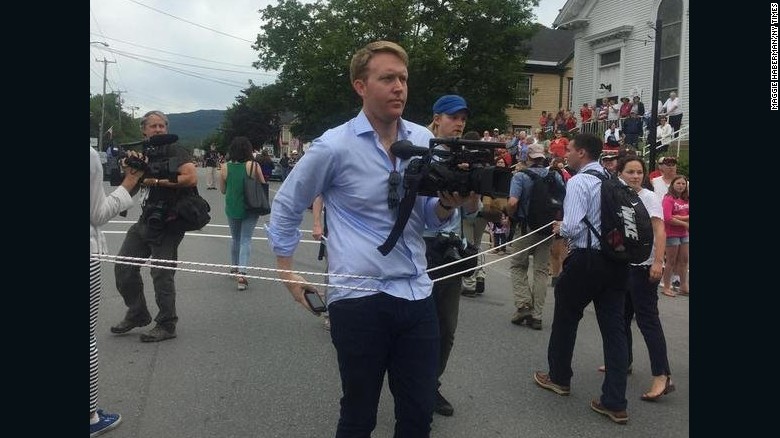A good deal of conservative political money never reaches candidates or campaigns. At Open Secrets, Will Tucker explains:
[Scott] Mackenzie serves as treasurer for nearly 30 political groups, several of which have drawn scrutiny previously for allegedly misleading donors about how they’ll use their money; that includes Conservative Strikeforce, the most well-known of the organizations. Quarterly disclosure reports filed by that group and five of Mackenzie’s other political action committees this week show that of more than $2.2 million raised by all six PACs from April through June, just $1,000 went to a political campaign, that of Rep. Louie Gohmert (R-Texas). Gohmert hasn’t faced a real challenger since 2004.
Despite making only a single contribution, though, all the groups spent between 92 and 146 percent of what they raised during the quarter. That included a $25,308 payment by one PAC to Conservative Strikeforce for the “purchase of donor file names,” and a $25,000 outlay by Conservative Strikeforce for legal fees. Another of Mackenzie’s groups, Freedom’s Defense Fund, paid 69 percent of its income — most of which came in as donations smaller than $250 — to firms linked to Mackenzie.
“The extraordinarily high administrative expenses reported by these PACs should raise a red flag with any potential contributor,” said Brett Kappel, a Washington, D.C.-based lawyer and expert on election law. “A charity that reported such high fundraising costs relative to contributions made would face a serious risk of an IRS audit.”

